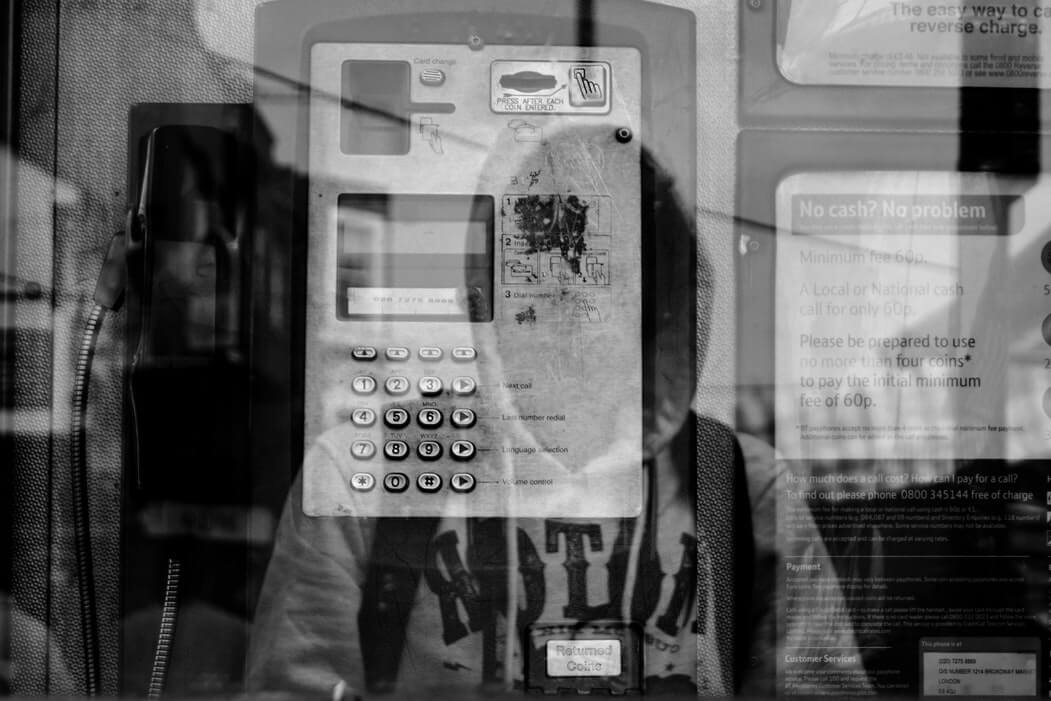Business
So you’re a millionaire — how do you protect your wealth?
The wealth that you have worked long and hard for deserves critical security. Here’s a list of strategies to help protect your money against theft.

Becoming a millionaire is hard, but keeping your money after you’ve earned it can be almost as challenging.
Professional football players earn a median salary of $750,000 annually, but 80 percent of players go broke within three years of retirement. Approximately seven out of 10 people who win the lottery or get another large windfall go broke within a few years as well. And the same percentage of wealthy families lose their money by the second generation.
Why do so many wealthy people lose their hard-earned money? There are multiple causes, including theft. When you’re rich, thieves see you as a more attractive target, making you vulnerable to identity theft, scams and robbery schemes. Here are three steps you should take to protect your wealth from would-be thieves.
Guard yourself against identity theft
Targeting of a wealthy individual for identity theft has increased tenfold in recent years, says security firm Privide CEO Neal O’Farrell. About 8.1 percent of individuals earning $150,000 or more annually become victims of identity theft, according to Javelin Strategy and Research.
The U.S. government recommends taking a number of proactive steps to protect yourself against identity theft. Identity thieves seek to obtain sensitive information from your mail and trash, so make sure you collect your mail promptly, place a hold on your mail when you’re vacationing and shred important documents before throwing them out. Keep sensitive documents such as Social Security cards and birth certificates in a secure location such as a safe rather than in your wallet.
Thieves can also intercept your data from your email or when you go online, so follow sound cybersecurity practices. Secure computers and mobile devices with strong passwords or biometric authentication tools such as fingerprint scanning, and use anti-virus software to monitor your devices. Secure your connection when going online by using a firewall and a virtual private network, and avoid unsecured networks such as public Wi-Fi hotspots. Only make transactions through secure websites with an HTTPS prefix. Don’t open email attachments from unknown senders, click on suspicious links or visit suspicious websites.

One of the best ways to avoid identity thefts it to sign up for identity theft services. (Source)
It’s also important to periodically monitor your financial accounts and credit report for suspicious activity, such as purchases you didn’t authorize. The best way to do this is to sign up for an identity theft protection service that can automatically monitor your accounts for you and alert you to any red flags. If you do get hit by identity theft, an identity theft protection service can also help you in taking the appropriate follow-up steps, which include contacting the police and your financial providers and notifying the three major credit bureaus to put a freeze on your reports.
Know how to spot scams
Identity theft often travels with common scams that target wealthy individuals. Scam artists particularly target older people, who represent the most lucrative victims.
Scams targeting the wealthy take a variety of forms, including phony tech support offers, robocalls, impersonations of IRS agents and financial institutions, fake charities, and fake investment and tax avoidance opportunities. What all these scams have in common is an attempt to trick you into divulging account details and other sensitive financial information. You can avoid most scams by guarding against giving out unsolicited information. Use caller ID to screen unwanted callers, and don’t respond to an unsolicited caller claiming to represent a government agency or financial institution. Avoid volunteering information for surveys, sweepstakes or giveaways.
Secure your physical premises
Criminals also target wealthy homes for physical break-ins. One recent tactic is for gang members to drive into wealthy communities, ring doorbells to identify who’s home, and break into homes that appear to be unoccupied, say California law enforcement officials.
To deter thieves, police recommend creating the appearance that you’re home by taking steps such as leaving the lights on, leaving a TV or radio playing loudly, and leaving a car parked in your driveway. In addition, change the locks when you move into a new home, install deadbolt locks and interior door hinges, protect windows with locks or burglar-resistant glass, use metal bars on sliding doors and install security systems with alarms. Keep your valuables in a strong safe instead of an obvious place such as a dresser or closet or under your bed.
Guarding yourself against identity theft, being alert to scams and securing your physical premises are three key steps you should take to protect your wealth from thieves. Taking these measures can help ensure that your hard-earned money stays in your hands.
—
DISCLAIMER: This article expresses my own ideas and opinions. Any information I have shared are from sources that I believe to be reliable and accurate. I did not receive any financial compensation in writing this post, nor do I own any shares in any company I’ve mentioned. I encourage any reader to do their own diligent research first before making any investment decisions.

-

 Cannabis2 weeks ago
Cannabis2 weeks agoKONOPEX Expo 2026: Celebrating Europe’s New Era of Legal Cannabis
-

 Biotech3 days ago
Biotech3 days agoVolatile Outlook for Enlivex Therapeutics as Investors Await Clinical Catalysts
-

 Impact Investing1 week ago
Impact Investing1 week agoInter IKEA Launches Electric Truck Fleet to Decarbonize Heavy-Duty Logistics in Italy
-

 Markets5 days ago
Markets5 days agoCotton Market Weakens Amid Demand Concerns and Bearish Trends























You must be logged in to post a comment Login